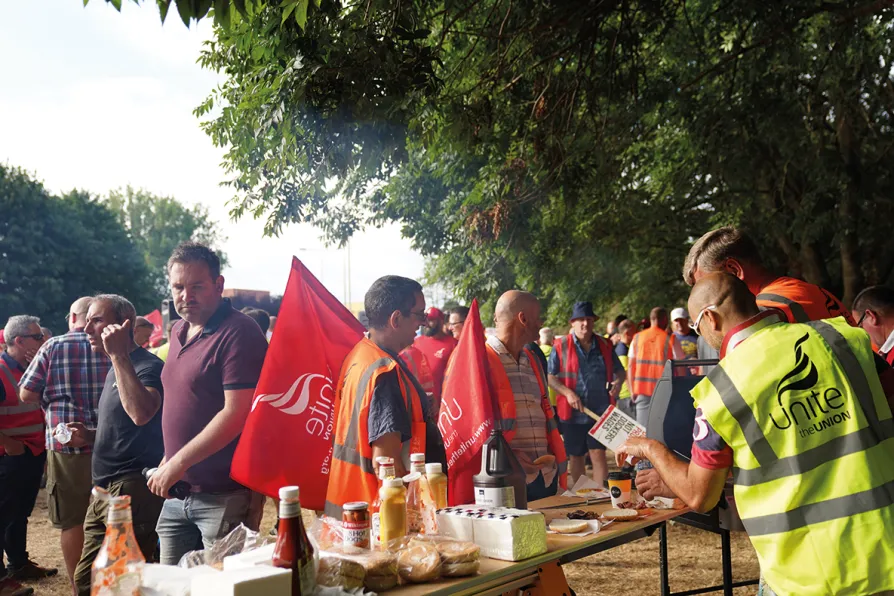By pressuring Mexico to halt oil shipments, Washington is escalating its blockade of Cuba into a direct bid for economic collapse and regime change, argues SEVIM DAGDELEN

 OPPORTUNITY: Unite members on a picket line at one of the entrances to the Port of Felixstowe in Suffolk
OPPORTUNITY: Unite members on a picket line at one of the entrances to the Port of Felixstowe in Suffolk
THERE is a lot talked about the need to show solidarity. Social media timelines are rightly full of expressions of solidarity for workers taking strike action. Rarely, though, is there much discussion about other ways of demonstrating solidarity in the workplace or beyond.
In these soaring cost-of-living times where households throughout the country are struggling to put bread on the table and to keep a roof over their heads, I think we also need to think about how we can extend solidarity to our communities.
Some years ago there was a fashion for community organising. Even trade unions, such as the one I used to work for, employed staff who were tasked with building union links with the communities.

Roger McKenzie talks to general secretary of Unison CHRISTINA McANEA about the impact of the cost-of-living crisis on members, the local government funding emergency and the threat of Reform UK

Working-class women lead the fight for fair work and equitable pay and against sexual harassment, the rise of the far right and years of failed austerity policies, writes ROZ FOYER

Incoming Usdaw general secretary JOANNE THOMAS talks to Ben Chacko about workers’ rights, Labour and how to arrest the decline of the high street

I found myself alone as the sole reporter at Britain’s largest union conference, leaving stories of modern-day slavery and sexual exploitation going unreported: our socialist journalism is just as vital as the union work we cover, writes ROGER McKENZIE










